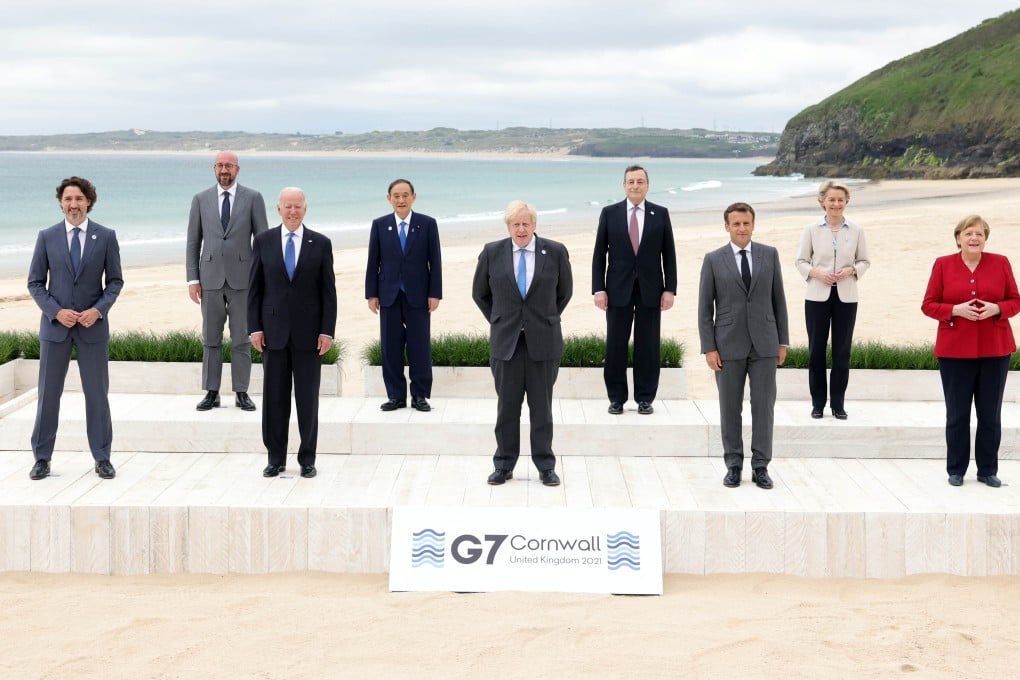China among 130 countries to back global minimum corporate tax of at least 15 per cent
- Paris-based Organisation for Economic Cooperation and Development says a global minimum corporate income tax of at least 15 per cent could yield around US$150 billion in additional revenues annually
- Group of 7 agreed to the rate in June, and now the broader agreement will go to the Group of 20 for political endorsement at a meeting in Venice next week

Most of the countries negotiating a global overhaul of cross-border taxation of multinationals have backed plans for new rules on where companies are taxed and a tax rate of at least 15 per cent, they said on Thursday after two days of talks.
The Paris-based Organisation for Economic Cooperation and Development, which hosted the talks, said a global minimum corporate income tax of at least 15 per cent could yield around US$150 billion in additional global tax revenues annually.
It said 130 countries, representing more than 90 per cent of global gross domestic product, had backed the agreement at the talks.
New rules on where the biggest multinationals are taxed would shift taxing rights on more than US$100 billion of profits to countries where the profits are earned, it added.
With a global minimum tax in place, multinational corporations will no longer be able to pit countries against one another in a bid to push tax rates down